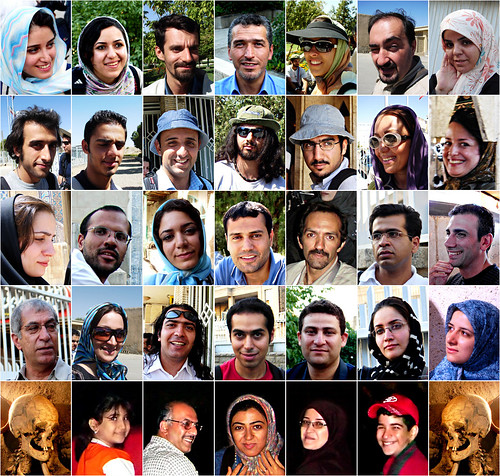Much has been said about the dangers of generalization and stereotypying a certain group of people. Now, how do we approach it in the classroom?
Here’s a lesson plan I’ve used it in the past with my groups. The first part is adapted from http://the_english_dept.tripod.com/stereo1.html
-
Choose two adjectives that you think describe different nationalities.
- punctual
- tolerant
- romantic
- respectful
- hard-working
- emotional
- aloof
- mean
- honest
- ardent
- organized
- outgoing
- nationalistic
- well-dressed
- humorous
- lazy
- sophisticated
- friendly
- tedious
- systematic
- chaotic
- unpleasant
- aggressive
- polite
- rude
- arrogant
- ignorant
- casual
- refined
- reliable
- careless
- unstable
- dull
- disciplined
- hospitable
- talkative
- sociable
- serious
- quiet
- formal
- passionate
- tender
- uninsterested
- cold
- negligent
- untidy/disorganized
- messy
- I show them photos of people that seem to come from a certain country and ask them to speculate where they are from and why they think they are from that nationality.
- They share their ideas with the group.
- Students group the adjectives above under categories (taste, attitude, feelings, organization, etc) and indicate which are positive or negative traits. Ask them to use the dictionary for unknown words.
The French are portrayed as being…
The Germans are considered as being…
Italian men have a reputation of being…
The Swiss are said to be…
- Was it easy to complete the sentences? Did your answers come naturally? Why? Why not?
- Did the completed statements make you feel uncomfortable? Why? Why not?
- In general, were your responses positive or negative?
- List the stereotypes under positive, negative or neutral. What does this tell us about stereotypes?
A= I agree B= I’m not sure C= I disagree
- National stereotypes are dangerous because they may provoke racial prejudice.
- Stereotypes contain a certain amount of truth.
- There is no such thing as national character and therefore the idea of national stereotypes is rubbish.
- The reason stereotypes exist is because people are afraid of diversity, change, and what is unknown. They prefer to cling to simple classifications, which maintain an old, familiar and established order.
- Stereotypes are simply harmless sorts of jokes we tell about other nationalities or groups of people.
- What is, in your opinion, the best way to challenge a stereotype.
- What you have seen here are national stereotypes. Can you think of other kinds of stereotypes?
- What are the stereotypes about your own culture, nation, or people? Are they true? How are these stereotypes different from your own reality? What are your impressions about the Brazilians?
UPDATE:
Check the international project that was the kick off for the original lesson plan, created by Barbara Dieu.
http://the_english_dept.tripod.com/projects/files/timeline03.htm

Leave a Reply